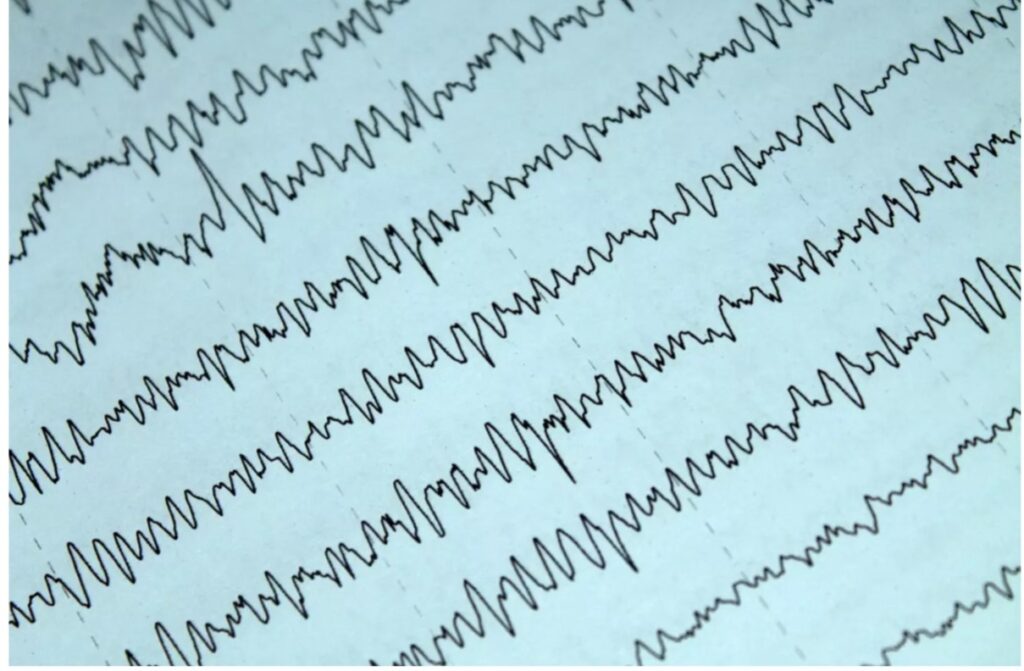There’s a prevalent yet unproven theory about the moments before death—what we think, feel, and hear. Some envision a warm, fuzzy light leading to an afterlife, while others believe it’s simply a void of nothingness.
While it has long been a theory, the idea that your life flashes before your eyes is commonly portrayed in TV shows and movies. Characters on the brink of death are often depicted mentally transported to relive significant memories. The question remains: How accurate is this portrayal?
According to a recent study, the notion might indeed be true. Neuroscientists examined brain recordings of an 87-year-old man moments before his death, resulting in a remarkable discovery.
The research team observed a surge in brain activity, particularly changes in the alpha and gamma brain waves, moments before the man’s death. These waves are typically associated with memory recall and cognitive processes, implying a potential ‘recall of life’ before his passing.
Published in Frontiers, the research elaborated that the man had experienced a brain bleed due to a fall, resulting in hospital admission. While undergoing treatment, he was connected to an EEG (electroencephalography) that captured data during the moments surrounding his death. The study revealed that, even after his heart stopped beating, there was an increase in brain activity for about 30 seconds. This led the researchers to hypothesize that brains may continue functioning after blood flow ceases.

The study team elucidated, “Given that cross-coupling between alpha and gamma activity is involved in cognitive processes and memory recall in healthy subjects, it is intriguing to speculate that such activity could support a last ‘recall of life’ that may take place in the near-death state.” However, acknowledging the limitation of analyzing only one person, they emphasize the need for further research to substantiate the theory conclusively. Dr. Ajmal Zemmar, one of the study’s co-authors and a neurosurgeon at the University of Louisville, remarked, “These findings challenge our understanding of when exactly life ends and generate important subsequent questions.” Quite fascinating, isn’t it?
